A VPN, also known as a Virtual Private Network, serves as a fortified bridge between your device and the vast world of the internet. It is not just a connection method, but a shield that safeguards your online activities, ensuring they remain confidential and secure.
A VPN is not just a tool, but it is necessary to maintain your digital privacy and security. In the digital age, threats such as hackers are omnipresent, employing a myriad of techniques to infiltrate your privacy and steal your data. However, a VPN acts as your personal bodyguard online. It channels your online activity through an impenetrable encrypted tunnel, making it invisible and inaccessible to outsiders.
How Does a VPN Work?
A VPN operates by changing your IP address, which is a unique identifier for your device on the internet or a local network. This IP address is crucial for determining the location and other details of website visitors and users of online services. VPNs enhance communication security by routing your device’s internet connection through a VPN server located on a separate network. This process encrypts the data exchanged between your device and the VPN server.
When you access the internet without a VPN, your IP address reflects your actual location. However, connecting through a VPN server masks your real IP address with one associated with the VPN, making it appear as if you are accessing the internet from a different location. This significantly increases your online anonymity and helps protect your identity from third parties.
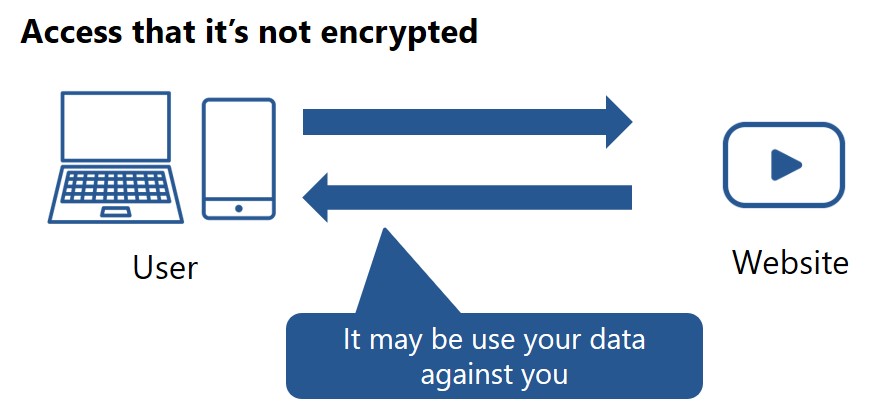
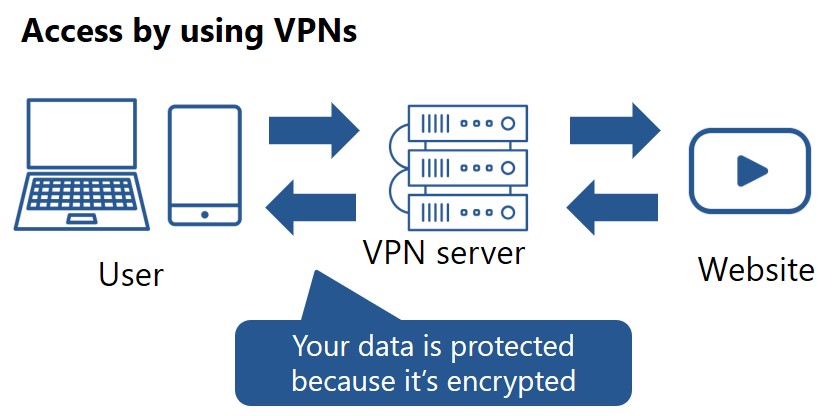
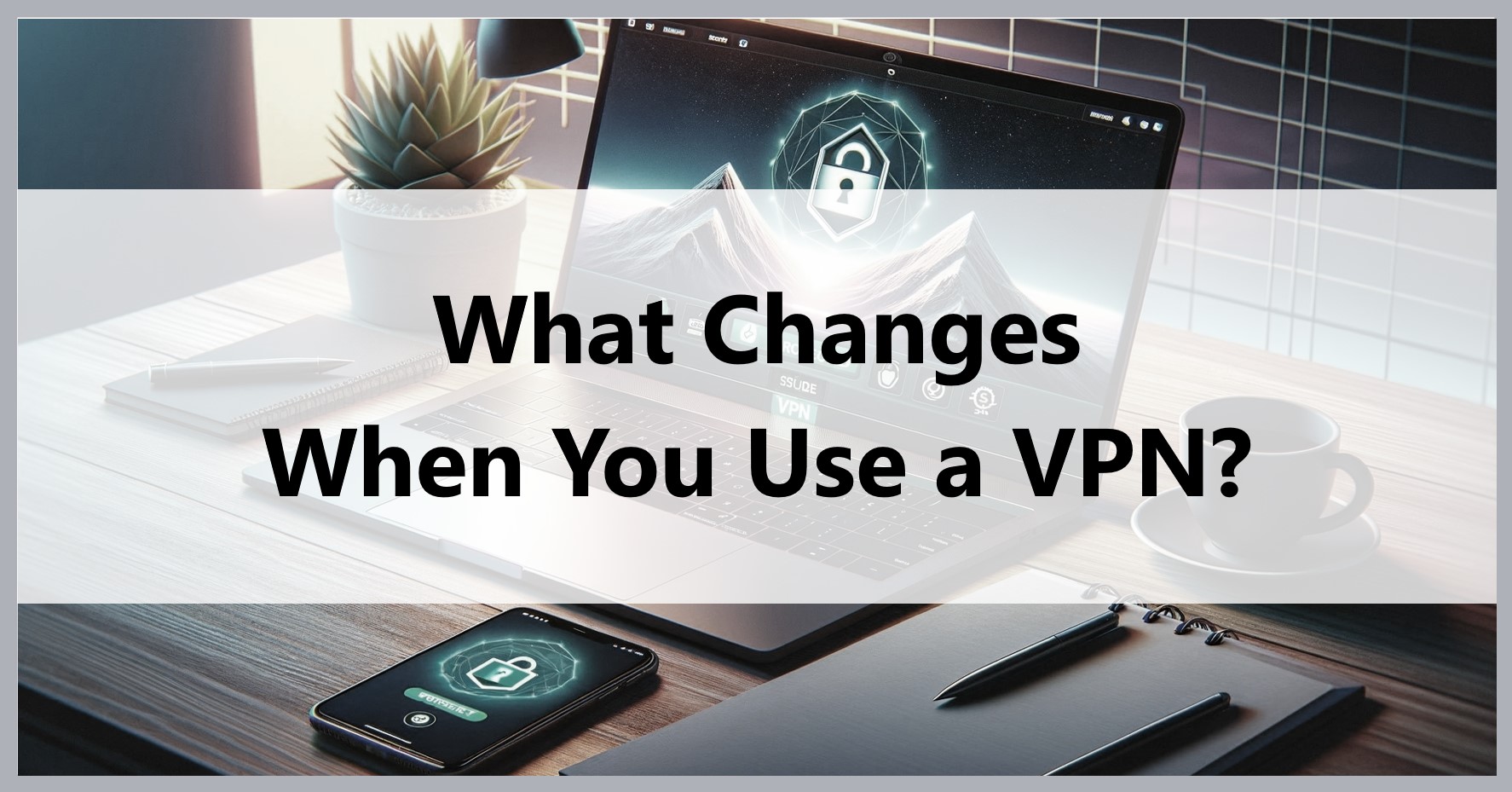
When Should You Use a VPN?
It is utilized in various situations due to its capability to encrypt communications and its mechanism for changing IP addresses.
- Protect Your Privacy
- unblocking Global Content and Staying Connected Abroad
- Saving Big on Subscriptions
- Unblock Gaming Opportunities
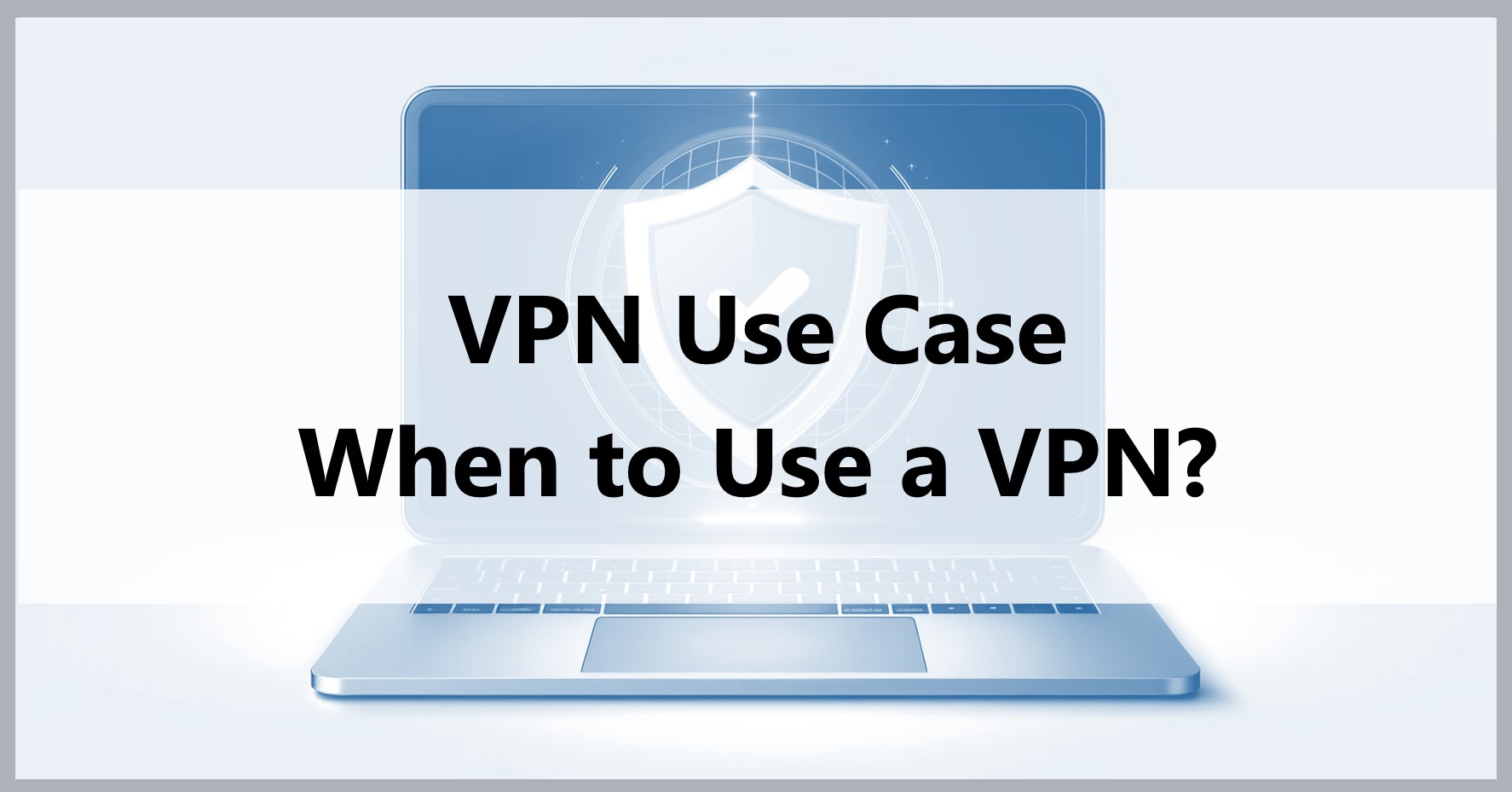
What are the Pros and Cons of a VPN?
Using a VPN offers several benefits for personal use. Firstly, it provides enhanced privacy protection, shielding your online activities from unwanted observers. Secondly, a VPN grants you the ability to access content that might be geo-restricted or blocked in certain regions. Lastly, there’s a potential for cost savings when using a VPN; for example, you might find cheaper subscription rates for some services if you connect from a region with lower prices.
On the downside, while using major paid VPN services, there’s typically a monthly cost associated with them. Furthermore, routing your traffic through a VPN might occasionally slow down your internet connection, especially if the VPN server is distant or overloaded. However, with reputable VPN providers such as ExpressVPN or NordVPN, which we recommend, the difference in speed is often barely noticeable.
Protect your online activity from outsiders while using free public wi-fi
Use internet as if you were still in your home country while traveling
Unblock websites which are not available in your country
Find better deals on online purchases
Get subscriptions for a lower price
Need to pay a VPN subscription fee
Slower connection
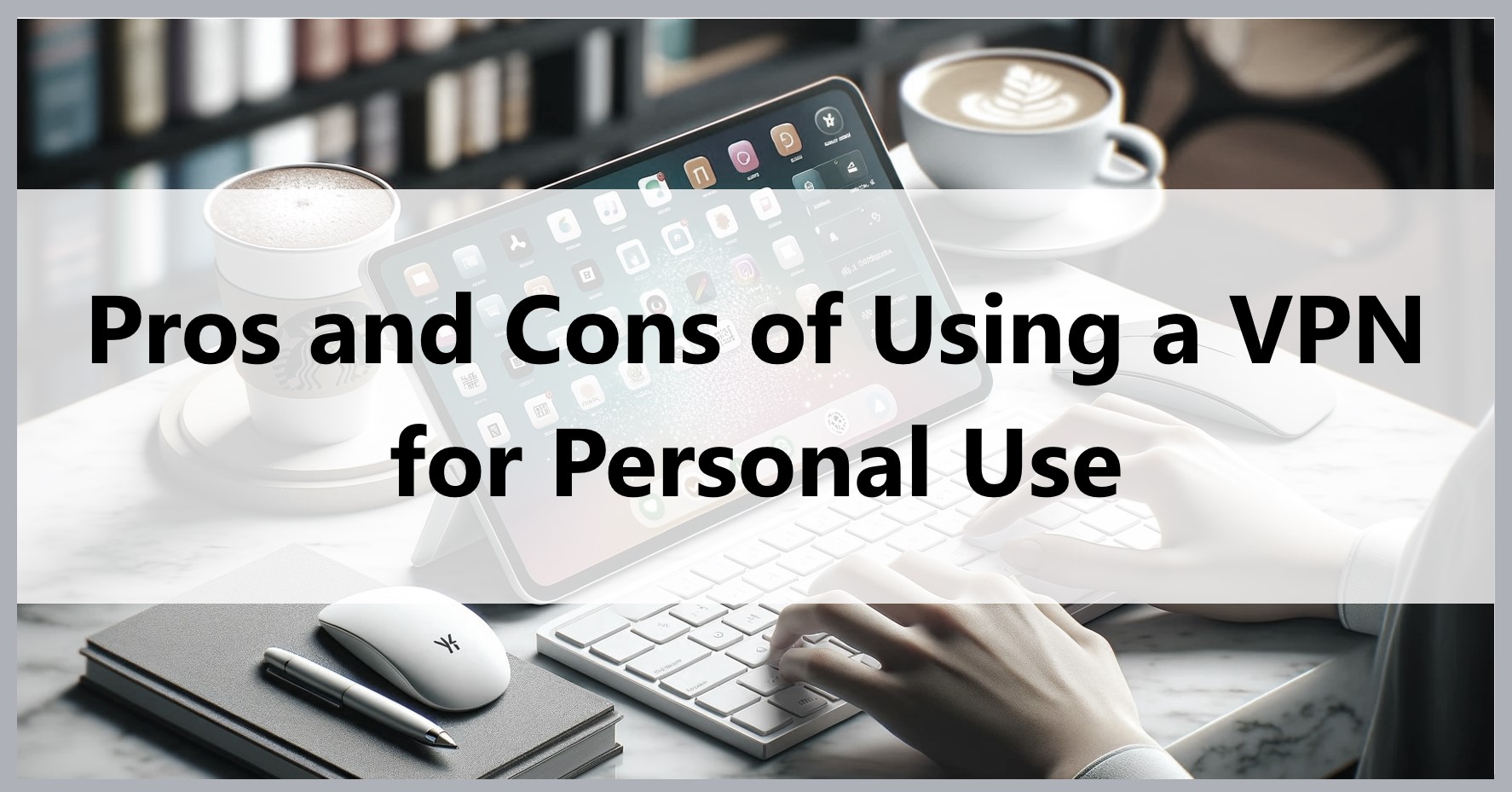
What are the Risks of Free VPNs?
While the idea of using a free VPN might seem appealing since it doesn’t cost anything compared to a paid service, there are several disadvantages and risks associated with free VPNs that you should consider.
- Lower Levels of Privacy Protection and Security
- Intrusive Advertisements
- Limitations on Connection Speed and Capacity
- Limited Number of Available Servers
- Questionable Reliability and Transparency of Operators
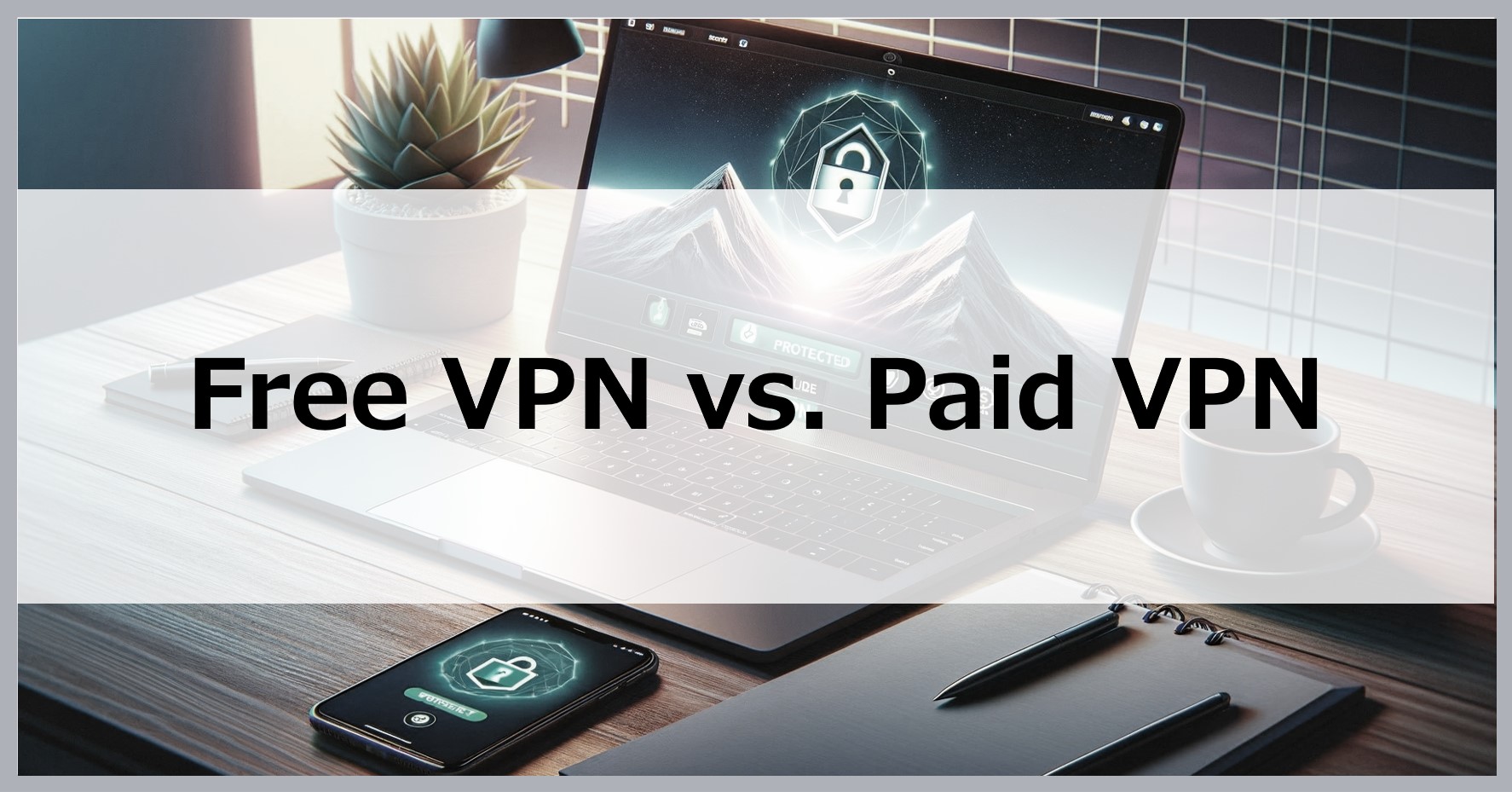
What are the Benefits of Paid VPNs?
Despite the cost, opting for a major global VPN provider comes with significant advantages.
- Enhanced Privacy Protection and Security
- High Speed and Unlimited Capacity
- High-Quality Support and Service
- Abundance of Servers and Diverse Locations
- Availability of Advanced Features
For instance, top VPN services like ExpressVPN and NordVPN offer such efficient use that any potential slowdown in speed is minimally noticeable, varying by server. Moreover, these providers adhere to strict no-logs policies on their servers, and their encryption technology is advanced enough for military use, ensuring your privacy and security are well protected.
The subscription fees collected from users allow for continuous improvement of their services, including superior customer support, underscoring the value of investing in a paid VPN.
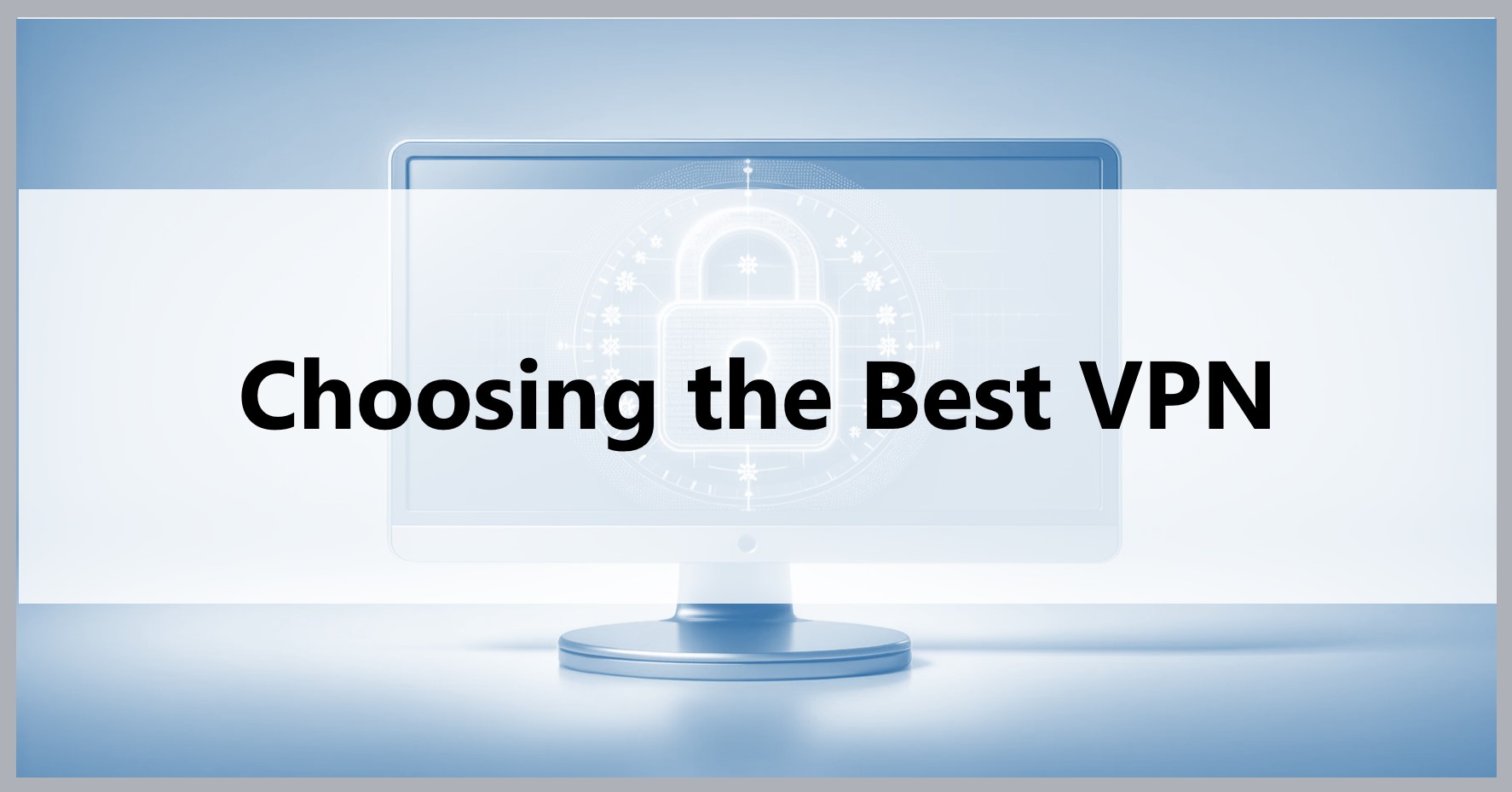
Is it Legal to Use a VPN?
It is generally legal to use a VPN in most countries. VPNs are commonly used by individuals to safeguard their private information and enhance their online activity.
However, it is important to note that e a few countries in the world, such as China and Russia, that make VPNs illegal or restrict.
China, Russia, Republic of Belarus, Turkmenistan, Norh Korea, Iraq, Iran, Sultanate of Oman, Egypt, Turkey, United Arab Emirates
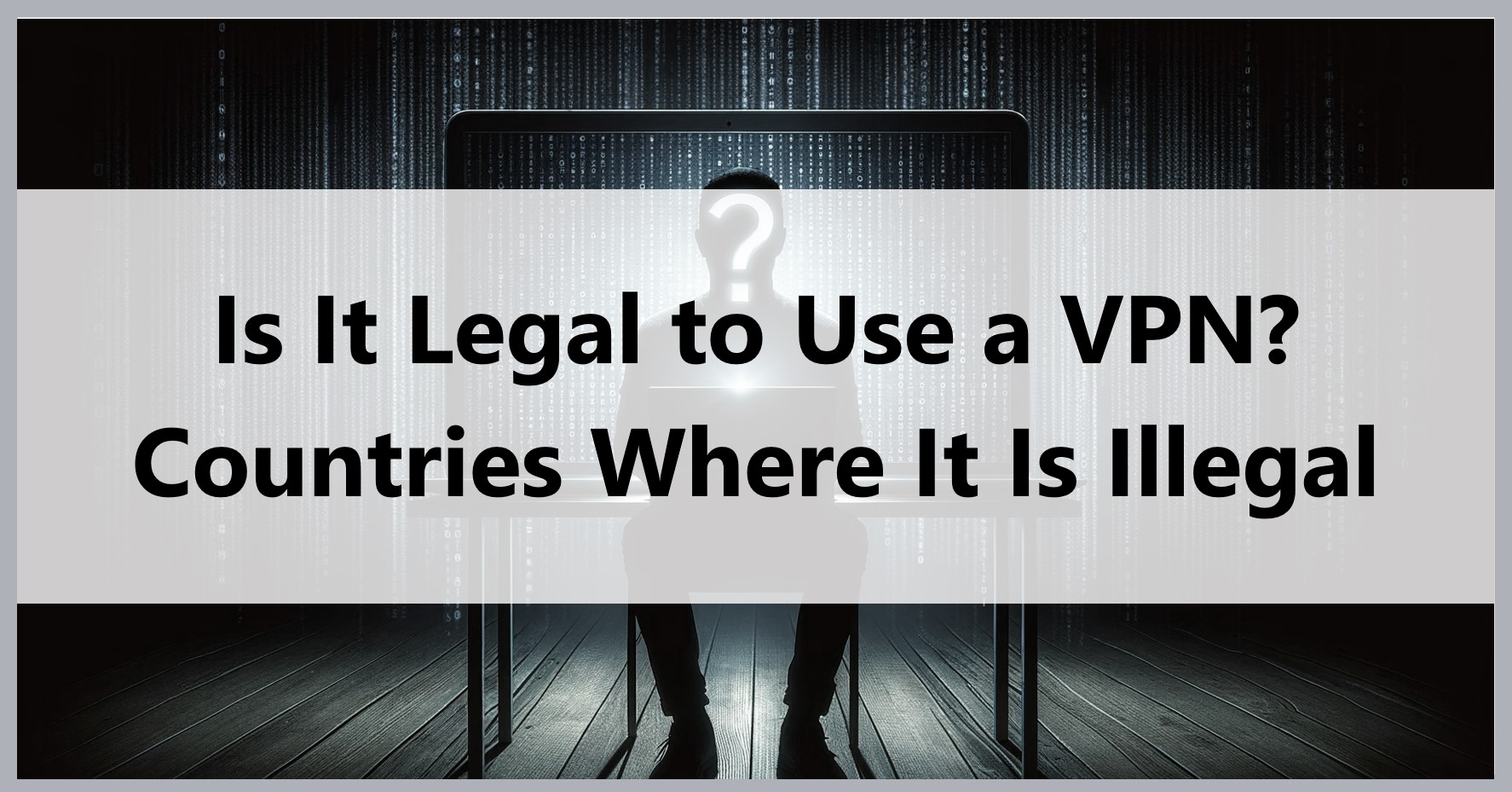
FAQ
What are the usage rate of VPNs?
The use of VPNs has become increasingly popular. According to the articles published by Altas VPN, In 2020, people from 85 selected countries downloaded VPN applications over 277 million times. In 2021, the number reached 785 million, while in 2022, VPN downloads amounted to 353 million. It is worth noting that the usage rates in many countries range from 20% to 30%.
When you normally use the Internet, do you prefer to turn the VPN on or off?
It depends on your priorities. If security and privacy are paramount, it’s advisable to keep the VPN turned on. VPNs encrypt your online communications, greatly reducing the risk of external threats or snooping. However, if you prioritize speed and are accessing familiar, safe networks, you might choose to turn it off occasionally.
Concluision
- A VPN, or Virtual Private Network, is a secure connection method between your device and the internet. It helps protect your online activity, keeping it private and secure, and prevents hackers from stealing your data.
- Using a VPN not only helps protect your online activity but also allows you to unblock websites or potentially save money.
- Using a VPN, you need to pay services costs and it may cause slow down your internet connection. However, if you use a major paid service, like ExpressVPN or NordVPN, you rarely notice the difference.
- You should consider using a VPN whenever you connect to the internet, even if it’s just for browsing the internet, to make sure that your data and privacy are protected.
- It is generally legal to use a VPN in most countries. However, it is important to note that e a few countries in the world, such as China and Russia, that make VPNs illegal or restrict.
- ExpressVPN: Recommended for those who need higher internet speed
- NordVPN: Recommended for those who want to balance price and internet speed
- SurfShark
 : Recommended for those on a budget
: Recommended for those on a budget